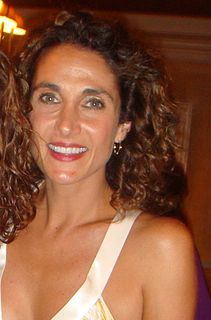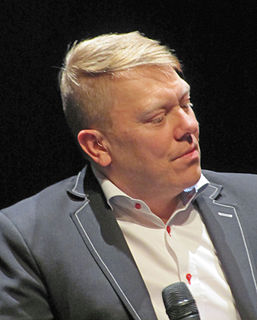A Quote by Hannah Kent
In Iceland, you can see the contours of the mountains wherever you go, and the swell of the hills, and always beyond that the horizon. And theres this strange thing: youre never sort of hidden; you always feel exposed in that landscape. But it makes it very beautiful as well.
Related Quotes
Maybe it's just a personal thing, but I get so much grounding from Iceland because I know it's always going to be there. I have a very happy, healthy relationship with the country, so it's really easy to go everywhere because I always have Iceland to go back to. It's sort of a contradiction, but that's how it works somehow.
Ive walked a lot in the mountains in Iceland. And as you come to a new valley, as you come to a new landscape, you have a certain view. If you stand still, the landscape doesnt necessarily tell you how big it is. It doesnt really tell you what youre looking at. The moment you start to move the mountain starts to move.
Everything we see hides another thing, we always want to see what is hidden by what we see. There is an interest in that which is hidden and which the visible does not show us. This interest can take the form of a quite intense feeling, a sort of conflict, one might say, between the visible that is hidden and the visible that is present.
Before practicing meditation, we see that mountains are mountains. When we start to practice, we see that mountains are no longer mountains. After practicing a while, we see that mountains are again mountains. Now the mountains are very free. Our mind is still with the mountains, but it is no longer bound to anything.
I really only write about inner landscapes and most people don't see them, because they see practically nothing within, because they think that because it's inside, it's dark, and so they don't see anything. I don't think I've ever yet, in any of my books, described a landscape. There's really nothing of the kind in any of them. I only ever write concepts. And so I'm always referring to "mountains" or "a city" or "streets." But as to how they look: I've never produced a description of a landscape. That's never even interested me.



































